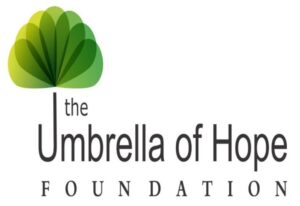We established our offices at the centre of rural communities. We’re the only International organization with our offices based in the remotest villages of Uganda. We believe the people whose lives our work affects should decide how we’re run. Basing our operations at the centre of communities of communities has enabled us to bring sustainable change in these communities- But we can’t do it without your help. Children and youths will lose their livelihoods unless urgent action is taken. Let us all give them a future.
Since its inception in 2007, more than 700 children, youth and women have directly benefited from our programmes. At present, The Umbrella of hope is reaching out to the most vulnerable groups in rural and socially excluded communities in Uganda.
How you can help
Charitable contributions from people like you make it possible for us to support hunger and livelihoods programs and so much more. Please support our mission and work Uganda with a gift to our Action Fund. You can count on us to be good stewards of your generous donation, helping vulnerable communities where the need is greatest with whatever they need the most.
Empowerment Programme For Youths: Building Resilience.
The Umbrella of Hope recognizes that youth and employment is a crucial factor in the development of the economy. But most important for the youth, acquisition of skills is very much linked to their livelihood. Through private sponsors, The Umbrella of Hope implemented in partnership with local council community members in Jinja rural communities, out of school youth have been primarily targeted to build their skills and capacities through vocational training, as well as to link them to the local markets and economy. The project also targets vocational skills institutions, purposely to strengthen them in order to enable them provide an improved range and quality of skills to a wider number of youth than those that will be directly targeted by the intervention.
Finally, we also supported local private enterprises and economic activities, with the purpose of facilitating apprenticeship opportunities, on-the-job training and experience generation for the region’s youth. Cognizant of gender stereotypes, the project took into account the need to improve access of young women to skills training programs tailored to an individual woman’s aspirations and talents rather than to traditionally outlined roles.
Achievements
- 45 youth were enrolled in this programme and also linked to training institutions of their choices, trained in business and life skills, and group dynamics, placed for industrial training and later provided with start-up tools.
- 15 teachers/ instructions received tools and equipment to enhance their capacity to deliver marketable and quality vocational skills.
